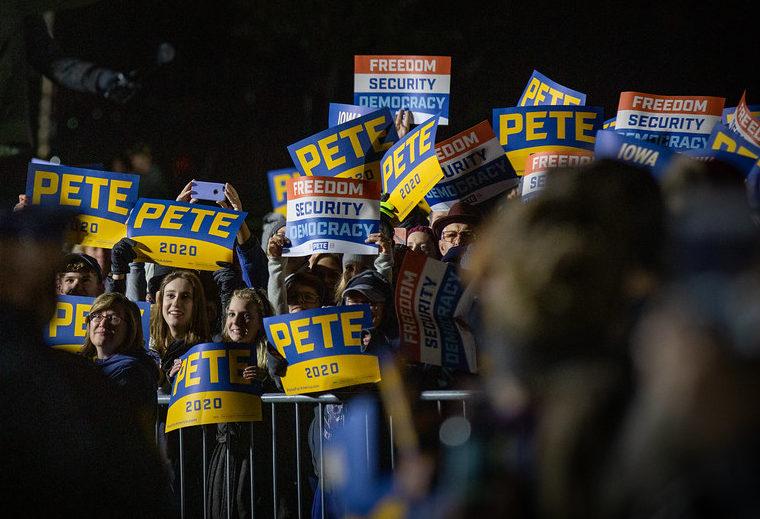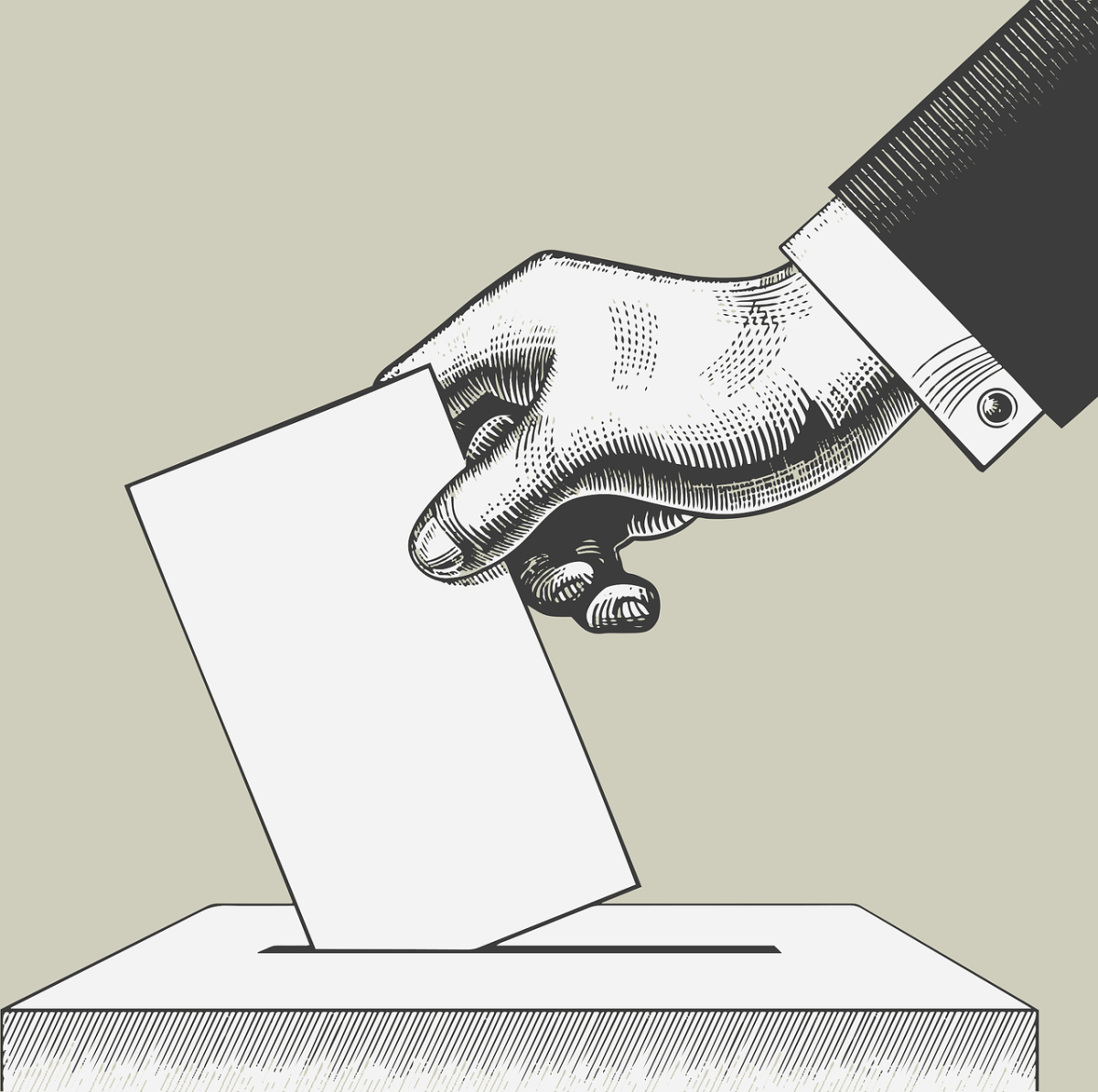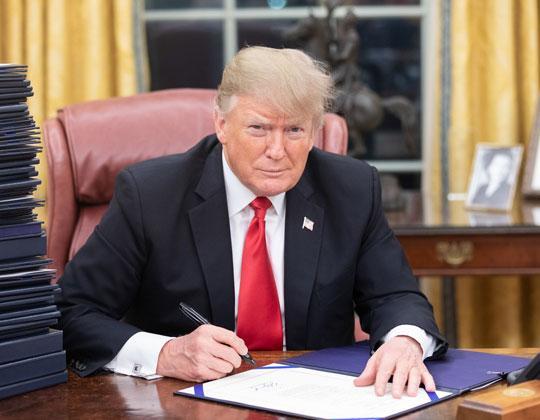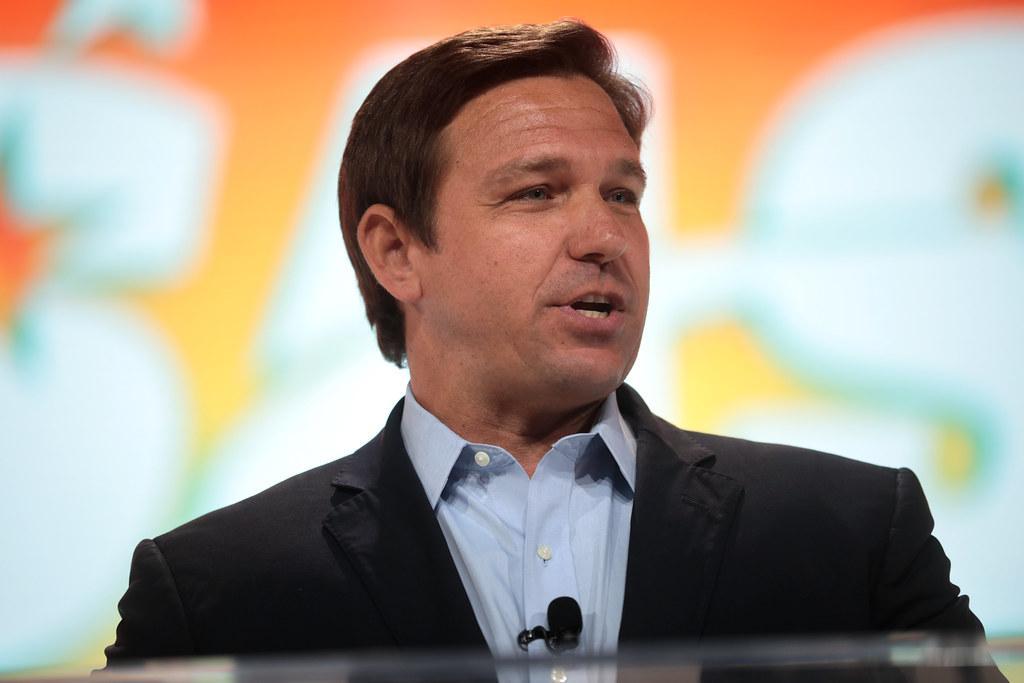This past week, the Iowa Democratic Caucus took place, with Democrats throughout the state selecting their preferred candidate for the 2020 Presidential Election. Given the adoption of new polling methods and a problematic app to log results, the initial results of last Monday’s vote were unclear.
The Iowa Caucus is the first major vote of the United States presidential primary season. Although the demographics of Iowa are not entirely representative of the rest of the country, the caucuses are still seen as a strong indicator of how a presidential candidate will do in later primaries.
Fewer Iowan Democrats voted in the 2020 Caucus than in past elections, despite an increase in voter registration throughout the U.S.. Lisa Lerer of the New York Times describes the caucus as, “Troubling for Democrats: Only 170,000 Iowans voted this year — well below the 240,000 in 2008, when a wave of enthusiasm put Obama in the White House.”
The app that was used this year was one of the Democrats’ newest additions to the election process. The idea is to gain more detailed information on the candidates that the Democrats had voted for. As a result of a coding issue in the app and unknown numbers of voting Democrats, many candidates declared Iowa as a win for themselves and their candidacy. Candidates such as Bernie Sanders, Elizabeth Warren and Pete Buttigieg declared such wins.
“ONLY 170,000 IOWANS VOTED THIS YEAR — WELL BELOW THE 240,000 IN 2008, WHEN A WAVE OF ENTHUSIASM PUT OBAMA IN THE WHITE HOUSE.”
The Iowan Democratic party scrambled to re-enter votes and gain the final results from all 1,765 reporting precincts. Those running the precincts manually added votes together using scrap paper and the calculator apps on their phones. Many remained unsure of how to use the app as they had not received any prior training.
During this period of uncertainty regarding the true winner of the caucus, many candidates took part in interviews discussing what they believed the outcome would be. While being interviewed for a February 6th interview with PBS NewsHour Sanders stated, “Mr. Buttigieg and I will end up with the same amount of delegates, 11 now each, probably a little bit more. That’s what will happen. It ain’t going to change. And what certainly is not going to change is the fact that, in terms of the popular vote, we won a decisive victory.”
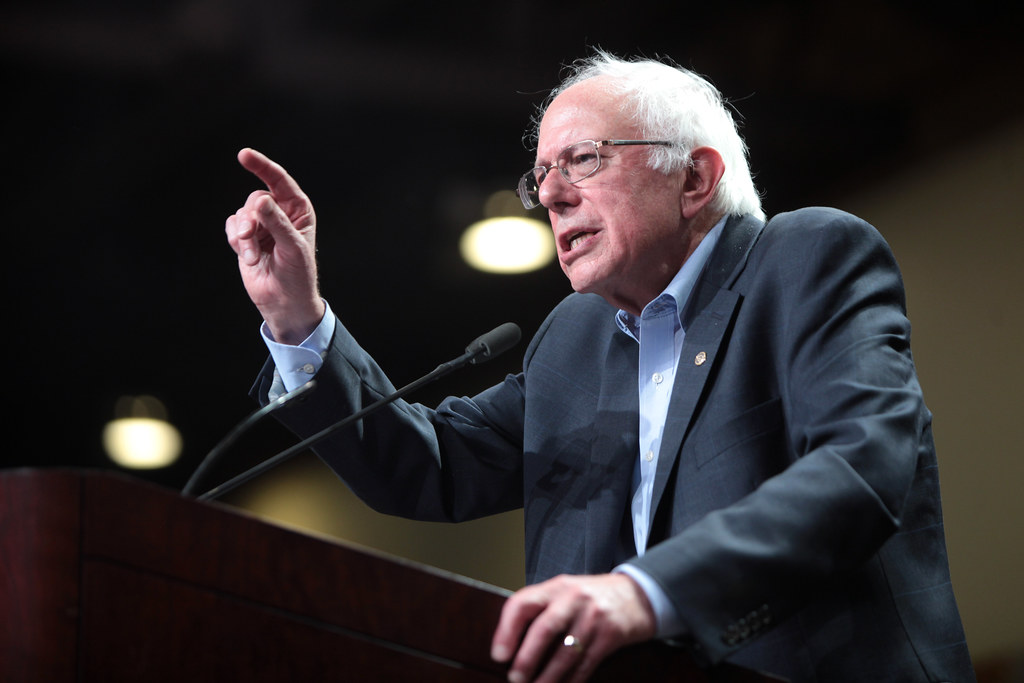
However as the final results slowly began to trickle in over a multiday period, Sanders’ prediction was proved incorrect. Buttigieg concluded his Iowa run with 13 pledged delegates and 26.2% of the total vote, while Sanders concluded with just 12 and 26.1% of the total vote. Sanders maintained strong support throughout Iowa’s cities, while Buttigieg gained support throughout the suburbs and rural areas. Despite such a small gap between the two’s final results, many were surprised that a moderate Democrat such as Buttigieg finished so strongly.
“Mr. Buttigieg and I will end up with the same amount of delegates, 11 now each, probably a little bit more. That’s what will happen. It ain’t going to change. “
Former Vice President Joe Biden, who served alongside former United States President Barack Obama, did poorly throughout Iowa, describing it as a “gut punch.” Finishing with only 15.8% of the total vote. He placed fourth among his fellow candidates, a major blow to his campaign.
This poses a question to Democrats in the coming months: are moderate candidates such as Buttigieg and Amy Klobuchar proving themselves to be frontrunners in the upcoming 2020 presidential election? And how will these candidates fare in upcoming primaries throughout the country?





























